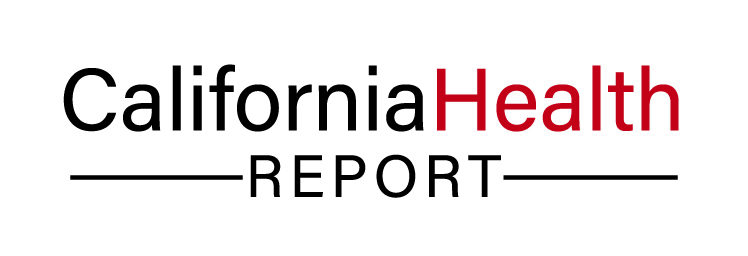
California has one week.
If the state budget is not passed by the constitutional deadline of June 15, health care providers like us will soon begin to experience a delay in payments.
The state has previously instituted payment delays in June for Medi-Cal providers, and with a budget delay, providers will realize additional delays in their payments for services they have already provided to low-income families enrolled in Medi-Cal.
Moreover, as California continues to suffer from economic crisis, our State Legislature must once again grapple with making tough decisions regarding cuts and possible elimination of meaningful health care and social service programs. Despite this annual exercise, it is critical to remember the dangers of yet another budget impasse and the direct impact it has on our state’s health care providers, who care for the most vulnerable populations.
There is little doubt that proposals such as the elimination of state’s only funding for uninsured families— the Expanded Access to Primary Care (EAPC) Program—will have a devastating effect on California’s communities. The absence of having a budget bill passed by the Legislature would exacerbate financial problems for institutional providers such as non-profit Federally Qualified Health Centers (FQHCs) due to delays in Medi-Cal payments. Those delays threaten the maintenance of services to a growing unemployed and uninsured patient population.
In recent years, these health centers have incurred millions of dollars in loans from delays of Medi-Cal payments, making it difficult to maintain hours of operation and the ability to retain doctors and other health professionals while sustaining the expected level of services for patients.
The majority of patients of FQHCs are enrolled in the Medi-Cal program. The Central Valley Health Network (CVHN) is made up of 130 FQHC sites that provide care to nearly 700,000 patients, of which 50 percent are covered through Medi-Cal and continue to receive services even when a budget impasse delays Medi-Cal payments for months.
However, the ability of these centers and clinics to withstand a continued series of deep budget cuts to health care programs and a possibility of another long drawn out budget impasse is unlikely as the centers are still trying to recover from previous budget cuts. Another budget impasse would create an environment that would almost make it impossible for FQHCs and other safety net providers to continue to meet the increased needs of the medically underserved and the over 4 million uninsured Californians who currently receive services.
Earlier this year as California struggled with decreased revenues, Congress passed and President Obama signed Health Care Reform into law through which millions more individuals will receive coverage through Medi-Cal and receive services at health centers. With additional strain on the fragile Medi-Cal Program, California must invest in the program and ensure predictable payments in order for the health centers to fulfill the expectations of both the Federal and State governments.
Governor Schwarzenegger recognized that delays in budgetary actions prove to be costly in his revised budget, issued May 14. Delays in adopting budget solutions before March 1, he said, led to the lost of $2.8 billion and the need for even deeper cuts to balance the budgetf $2.8 billion and necessitated deeper cuts.
Time is not on our side. If the Legislature and the governor do not act quickly, California will witness a devastating situation in an already fragile health care system.
David Quackenbush if chief executive officer of the Central Valley Health Network.





